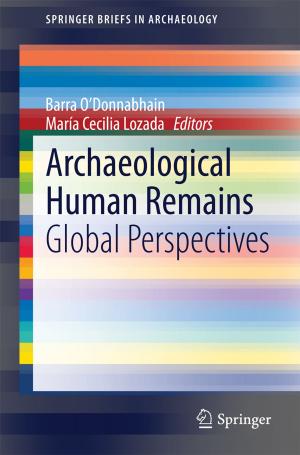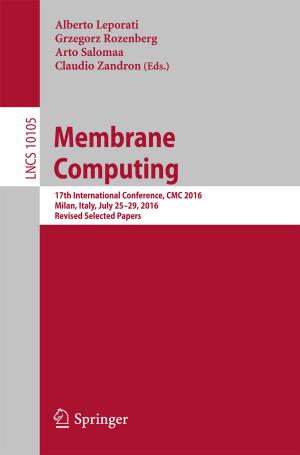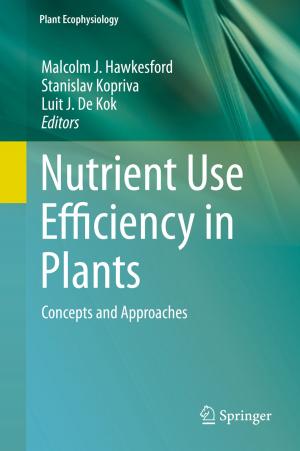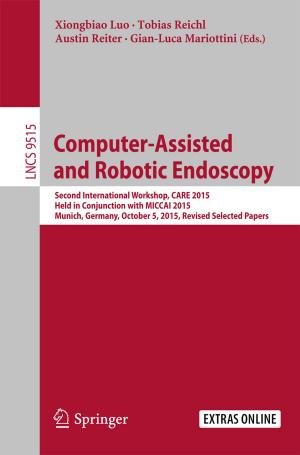Architectured Materials in Nature and Engineering
Archimats
Nonfiction, Science & Nature, Technology, Material Science, Engineering, Civil| Author: | ISBN: | 9783030119423 | |
| Publisher: | Springer International Publishing | Publication: | March 27, 2019 |
| Imprint: | Springer | Language: | English |
| Author: | |
| ISBN: | 9783030119423 |
| Publisher: | Springer International Publishing |
| Publication: | March 27, 2019 |
| Imprint: | Springer |
| Language: | English |
This book deals with a group of architectured materials. These are hybrid materials in which the constituents (even strongly dissimilar ones) are combined in a given topology and geometry to provide otherwise conflicting properties. The hybridization presented in the book occurs at various levels - from the molecular to the macroscopic (say, sub-centimeter) ones. This monograph represents a collection of programmatic chapters, defining archimats and summarizing the results obtained by using the geometry-inspired materials design.
The area of architectured or geometry-inspired materials has reached a certain level of maturity and visibility for a comprehensive presentation in book form. It is written by a group of authors who are active researchers working on various aspects of architectured materials. Through its 14 chapters, the book provides definitions and descriptions of the archetypes of architectured materials and addresses the various techniques in which they can be designed, optimized, and manufactured. It covers a broad realm of archimats, from the ones occurring in nature to those that have been engineered, and discusses a range of their possible applications. The book provides inspiring and scientifically profound, yet entertaining, reading for the materials science community and beyond.
This book deals with a group of architectured materials. These are hybrid materials in which the constituents (even strongly dissimilar ones) are combined in a given topology and geometry to provide otherwise conflicting properties. The hybridization presented in the book occurs at various levels - from the molecular to the macroscopic (say, sub-centimeter) ones. This monograph represents a collection of programmatic chapters, defining archimats and summarizing the results obtained by using the geometry-inspired materials design.
The area of architectured or geometry-inspired materials has reached a certain level of maturity and visibility for a comprehensive presentation in book form. It is written by a group of authors who are active researchers working on various aspects of architectured materials. Through its 14 chapters, the book provides definitions and descriptions of the archetypes of architectured materials and addresses the various techniques in which they can be designed, optimized, and manufactured. It covers a broad realm of archimats, from the ones occurring in nature to those that have been engineered, and discusses a range of their possible applications. The book provides inspiring and scientifically profound, yet entertaining, reading for the materials science community and beyond.















